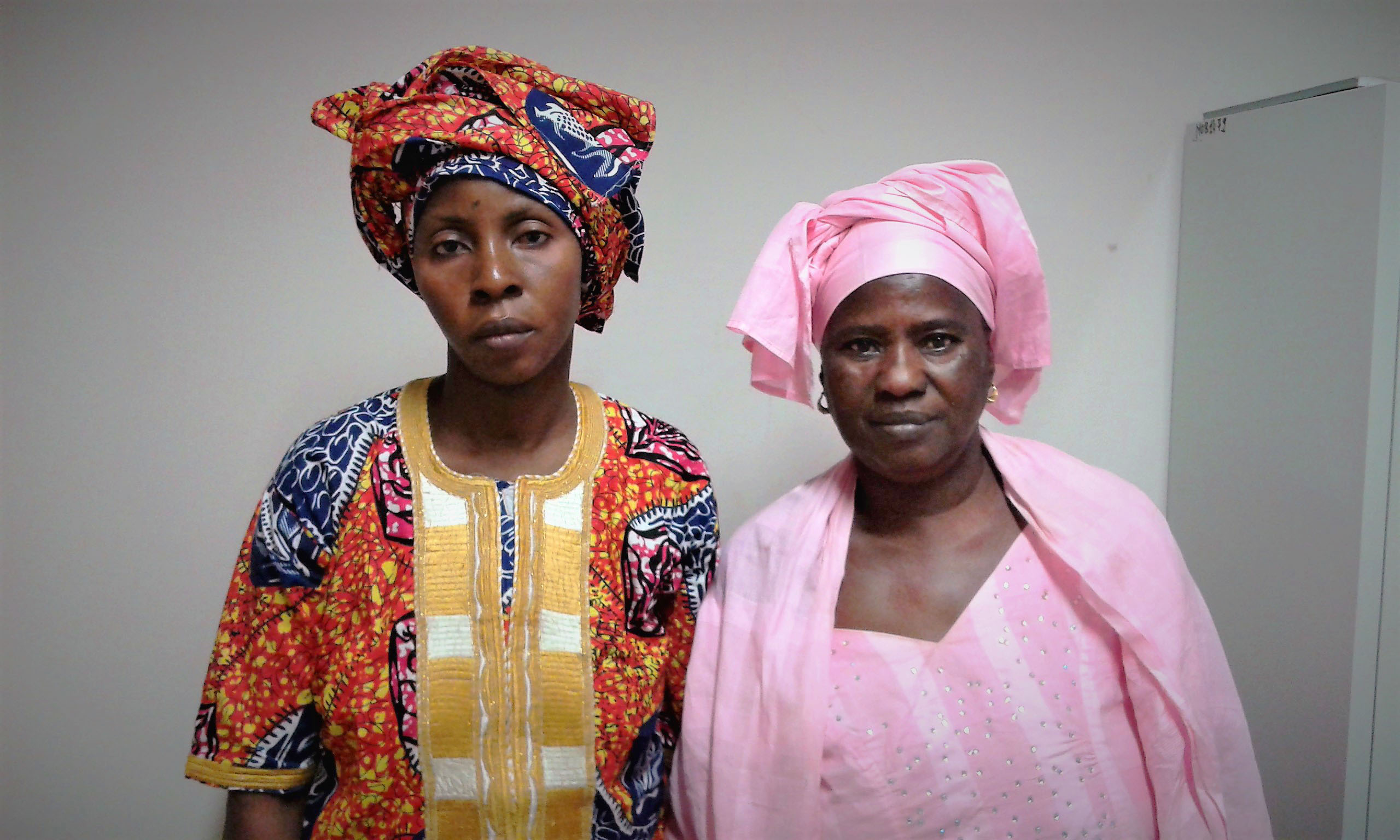The woman before me is stoic, beautiful, and brightly dressed in a traditional Senegalese wrap. She is 37-years-old, married, and a mother to several children. Her name is Kankou. She is from Tambacounda, a city nearly 450km from Dakar, the capital of Senegal.
They Always Came Back
A few years ago she started getting fevers and went to a local clinic for help. They gave her medications to calm the fevers down, but they always came back. When her general health started to worsen, her family sent her to Dakar to get a proper diagnosis. A visit to Dr. Fatma at Hopital Dala Jamm and a PCR test confirmed it. Kankou had cancer – a rare form of leukemia called CML (chronic myeloid leukemia).
A Big Thank You
After her cancer diagnosis, Dr. Fatma referred Kankou to The Max Foundation so she could gain access to treatment through our drug donation programs – Max Access Solutions. She’s been receiving medication free-of-charge for almost a year now and her health has returned to normal. Kankou offers “a big thank you” to the partners, donors, and team members behind the program because, as she says, “I can see my kids grow.”
Her “Last Mile” to Treatment Access
Though cancer medication is made available to Kankou free-of-charge, she still has to complete a 450km “last mile” journey in order to access it – and she does so every three months. Each time Kankou makes the journey from Tambacounda to Dakar, she spends a few days staying with her cousin (pictured on right) who lives in the capital city. In addition to playing host, her cousin also serves as translator during appointments because Kankou speaks a different dialect than the one spoken at the hospital. Even in best case scenarios where a cancer is correctly diagnosed and an effective medication is donated, unseen efforts like those made by Kankou and her cousin are still required for patients to actually access the treatment they need.
How You Can Help
At The Max Foundation, we work to bridge gaps in cancer treatment access with Max Access Solutions: our comprehensive patient-centered model for drug donation. Thanks to the generosity of our pharmaceutical partners, the drugs themselves are made available at no cost, but an enormous amount of work is still required to bridge the “last mile” and make them accessible to people in need.
Those “last mile” efforts take many forms. For the patients we support, it’s often a recurring journey to and from a clinic or hospital. For our partners and team members, the “last mile” takes place in customs offices and at ministries of health, on bus-rides to laboratories and site visits to remote clinics. Most importantly, our “last mile” efforts take the form of patient support; working to educate local communities, provide close emotional support, and reduce the stigma surrounding cancer.
With help from supporters like you, we can continue to grow these “last mile” efforts and bridge the gaps in treatment access for people in Africa and beyond. Together, we can realize a world where everyone can face cancer with dignity and hope.

